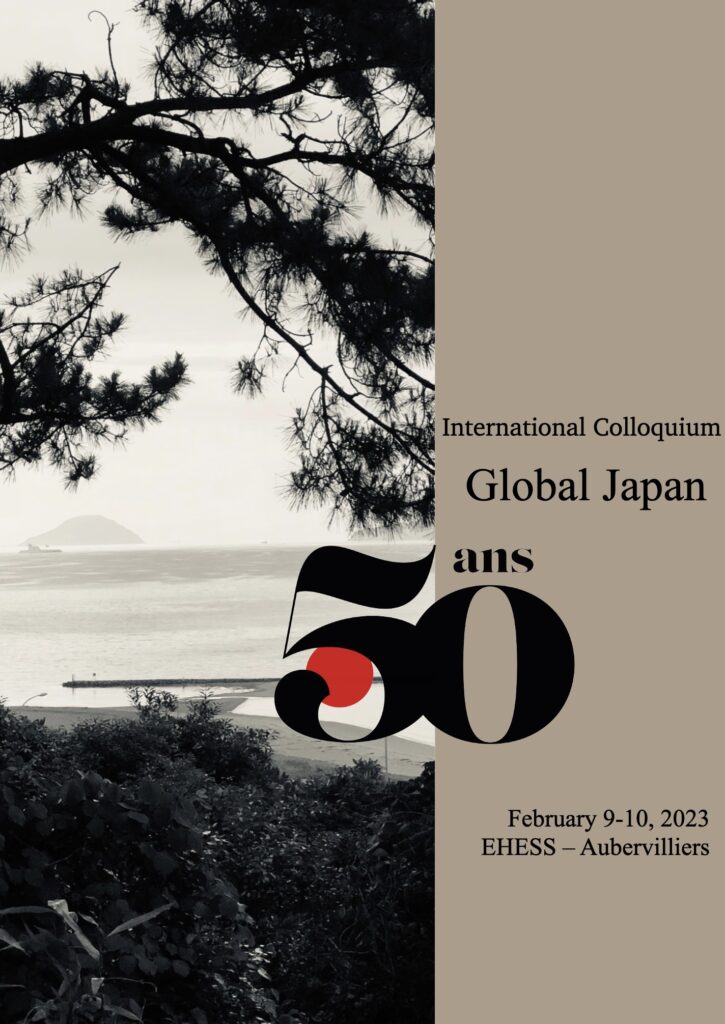The Department of History of the University of Zurich, Switzerland, is one of the leading history departments in continental Europe (fifteen chairs). It is home to about 150 scholars who teach and do research as well as to almost 2000 students (BA, MA, PhD).
Your responsibilities
The successful applicant will join the Swiss National Science Foundation-PRIMA research group “Rice Knowledge and Practices between Pacific Asia and West Africa: International Development meets local farming (1960-1991)” led by Prof. Dr. Yi-Tang Lin.
Examining rice knowledge and practices between East Asia and West Africa through qualitative and quantitative historical methods, the core project seeks to open a new window on Asian–African solidarity during Cold War by going beyond diplomacy and concentrating on knowledge and practices generated and held on the ground. It will also contribute to the history of colonialism by linking the post-colonial period in the aftermaths of the British, French, and Japanese empires and US postwar imperialism as expressed through foreign aid policies in Africa.
Applicants are expected to propose a postdoctoral project within the broad theme of the 20th-century West African foodways and their relations with other regions of the World. The successful applicant will design and conduct her/his independent research project with the support of Prof. Dr. Yi-Tang Lin and an international advisory committee. This post includes an annual research allowance. She/he will also contribute to the collaborative aspect of the project, including academic and public outreach activities, online content curation, and, the possibility of co-authored publications.
Your profile
Essential qualifications and experience:
- Defended PhD by 1 August 2023
- Experiences in conducting historical research on Africa in the 20th century
- Excellent working knowledge of English
- Excellent research and organizational skills
- Ability to work in a research group
Desirable experience:
- Design and/or management of digital history projects
- Interests and/or experiences in quantitative methods of historical research
- Other research-relevant linguistic skills will be a plus
What we offer
This position offers attractive working conditions, including dedicated office space, an annual research allowance, a research IT specialist’s support and excellent UZH research resources.
Salary according to the guidelines of the Swiss National Science Foundation.
Place of work
Rämistrasse 64, Zürich, Switzerland
Start of employment
August 1, 2023 (negociable) for a maximum of 2 years
- Interested applicants should send one PDF file consisting of a cover letter, CV, a two-page research proposal, and an academic writing sample (in English, up to 40 pages) to Yi-Tang Lin. Applicants are also responsible for ensuring that two confidential academic letters of reference are sent directly to Yi-Tang Lin by the application deadline.
- The application deadline is 17:00 (CET), February 15, 2023
Further information: Prof. Dr. Yi-Tang Lin; link to the application form.

